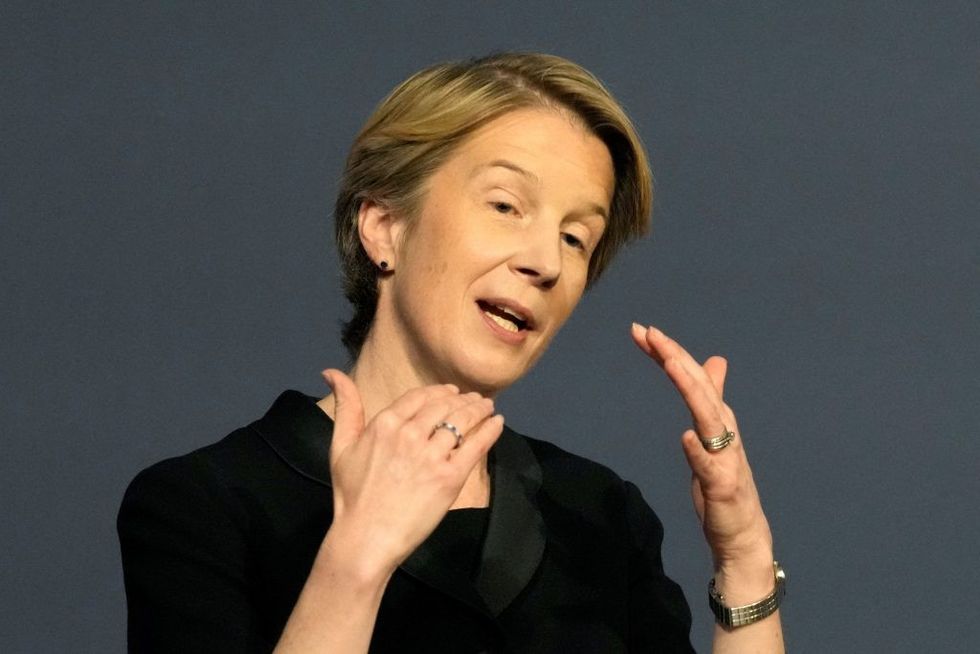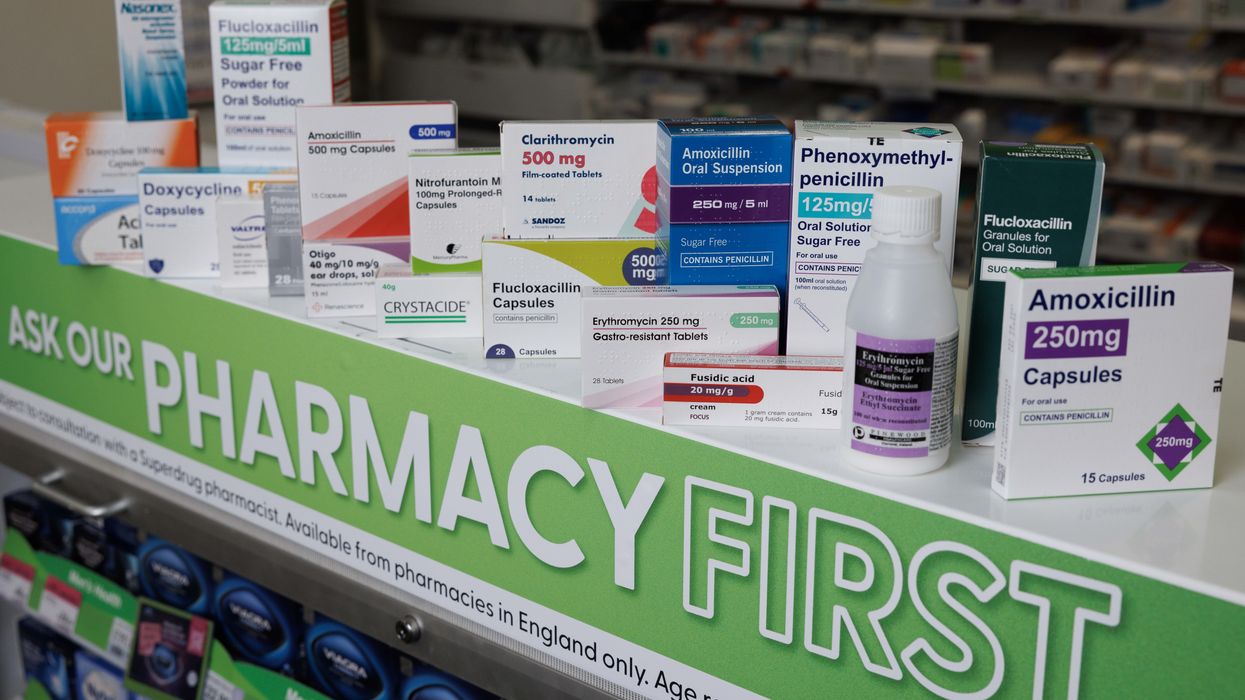The government set out on Friday (June 30) a new workforce hiring plan for the NHS, seeking to tackle staff shortages that have exposed the system to huge pressures in the wake of the COVID-19 pandemic.
"I believe in the NHS because it is fundamental to my family," Sunak said as he announced the UK's first-ever long term plan for the NHS workforce. "My dad was a GP, my mum was a pharmacist. And I saw from an early age the difference they made to the community where they lived and worked. And the difference made by the hundreds of thousands of others who sacrificed so much for so many in the service of that high purpose of protecting our nation's health."
He said the NHS has to deal with a society which was growing older and meet the challenges of the changing burden of illness with an already overstretched workforce.
"Overcoming this won't be quick or easy," as Sunak announced the 15 year plan, calling it "the most ambitious transformation" in the way the NHS has ever been staffed. "This is a plan for investment and a plan for reform," he added.
The NHS has about 112,000 vacancies, a gap that could more than triple by 2037 without action, the health service said in the statement, outlining £2.4 billion of government investment over five years.
By 2031, the NHS aims to double medical school training places to 15,000, increase by 50% the number of doctor training places and nearly double the number of adult nurse training places.
After the COVID pandemic, when NHS staff were applauded for their work treating the sick, doctors and nurses have been striking over poor pay amid discontent over inadequate staffing that many say hinders their ability to do their jobs.
The long term workforce plan tries to address some of those problems after a winter crisis caused by backlogs in treatment following the pandemic, staff absences, and delays in discharging patients, resulting in ambulances queuing outside hospitals.
Alongside other staff retention measures, the 15-year plan will help give the NHS an extra 60,000 doctors, 170,000 nurses and 71,000 allied health professionals by 2036/37, it said.
The Royal Pharmaceutical Society (RPS) in England has welcomed plan that covers the whole of pharmacy. In a statement it outlined that the workforce plan addresses three priority areas of education and training, staff retention, and reforms such as use of technology and delivering more services in the community.

NHS Chief Executive Amanda Pritchard welcomed "a once in a generation opportunity to put staffing on sustainable footing for the years to come".
Sunak has acknowledged that overall waiting lists for treatment will continue to rise into the second half of 2023, though he has said the number of people waiting more than 18 months for treatment had fallen, and ambulance response times had also improved.
The plan was welcomed by politicians and health experts, with Richard Murray, head of the King's Fund health policy charity saying it could prove a "landmark moment" but a sister scheme was needed for the broader social care sector.
"A national focus on training, and reform, with some initial financial commitment from government to back the plan, should start to place the NHS workforce on a sustainable footing," he said.
The opposition Labour Party welcomed the proposals but said they should have been delivered a decade ago.











